
Redefining Public Restrooms in South Korea: Hygiene, Dignity, and Accessibility for All
In South Korea, the notion of public restrooms has undergone a striking transformation — becoming spaces that place hygiene, privacy, and human dignity front and center, regardless of a person’s background or social status. Rather than being tucked away or neglected, these 24-hour facilities are now thoughtfully integrated into urban areas and transit hubs, echoing the care often reserved for high-end washrooms.
Across the country, you’ll find public toilets that include hot-water shower stalls, soap and shampoo vending machines, and secure lockers — all maintained with a level of care that rivals premium facilities. Each unit is brightly lit, and its design respects privacy: shower cubicles are fully partitioned, mirror stations are provided, and drying benches give the atmosphere a spa-like calm, rather than feeling like just a pit stop.
Users can purchase soap, shampoo, and sanitary items with just a few coins from compact vending units. This system avoids the need for a full convenience store while still offering essentials on demand. Lockers come in different sizes and can be accessed anonymously via tokens or timed codes — a feature especially useful for travelers, backpackers, or people who lack permanent housing. These lockers make it possible to leave belongings safely without sacrificing privacy or dignity.
Cleanliness is prioritized at every level. The facilities are frequently cleaned, and many restrooms incorporate self-sanitizing floors and motion-detected flushing, reducing the need to touch surfaces. Such features not only improve hygiene but also reassure users that the space is safe and well cared for.
What’s more, these restrooms are not hidden away. Rather, they are located in places where people actually need them — near parks, markets, metro exits, or along busy pedestrian routes. Their very placement reflects a profound principle: access to cleanliness should not depend on income or circumstance. In South Korea today, even routine personal care is treated with design attention, dignity, and constant availability.
This shift is part of a broader movement. For example, Seoul’s municipal government has embraced universal design principles in public restrooms — installing automatic, contact-free doors, large pictorial signage for those with limited vision or who do not read Korean, and diaper-changing stations even in men’s restrooms. The goal is a truly inclusive space that accommodates senior citizens, parents, people with disabilities, and foreigners alike.
In addition, safety is a serious concern. In the past, Seoul pledged to inspect its roughly 20,000 public restrooms daily to eliminate the risk of hidden cameras, a move intended to protect user privacy and dignity. More recently, in 2025, city officials announced a plan to redesign more than 100 portable restrooms along the Han River, aiming to elevate the city’s dignity through clean, modern, and standardized facilities.
Even workers in more precarious situations are being considered. In Gyeonggi Province, public works policies are now installing temporary portable toilets and shower rooms (with changing areas) at small construction sites, providing basic hygiene amenities to laborers who might otherwise lack them. This initiative underscores that hygienic access should not be a luxury reserved for the privileged.
Furthermore, these improvements carry symbolic weight. The focus on design, dignity, and universal access reflects a broader societal belief: public restrooms are not merely practical necessities, but also expressions of civic value and social inclusivity. They serve as reminders that even everyday routines merit respect and thoughtful infrastructure.
In sum, South Korea’s approach to public toilets offers a powerful model: by designing them as well-maintained, accessible, and dignified spaces, the society affirms that sanitation is a universal right — not a privilege.
Sources:
-
Seoul city’s inclusive, discrimination‑free public restroom design.
-
Seoul Metropolitan Government press on universal design in public restrooms.
-
Seoul’s plan to redesign Han River public toilets to boost city dignity.
-
Gyeonggi Province’s installation of portable toilets and showers for construction workers.
News in the same category


A Dual Climate Solution: Solar Panels Over Canals Could Save Billions of Gallons of Water
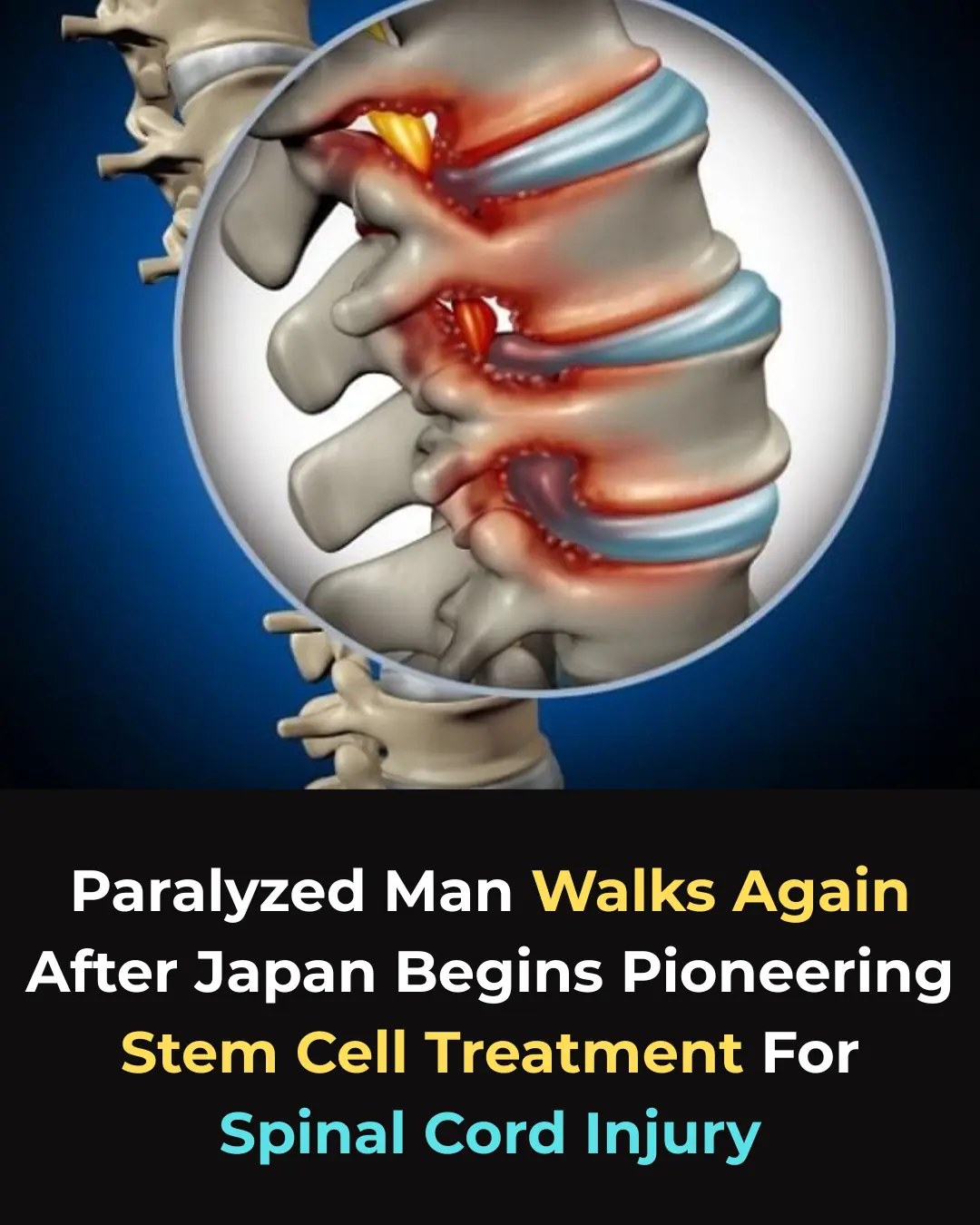
Regenerative Medicine Milestone: Stem-Cell Trial Restores Motor Function in Paralyzed Patients
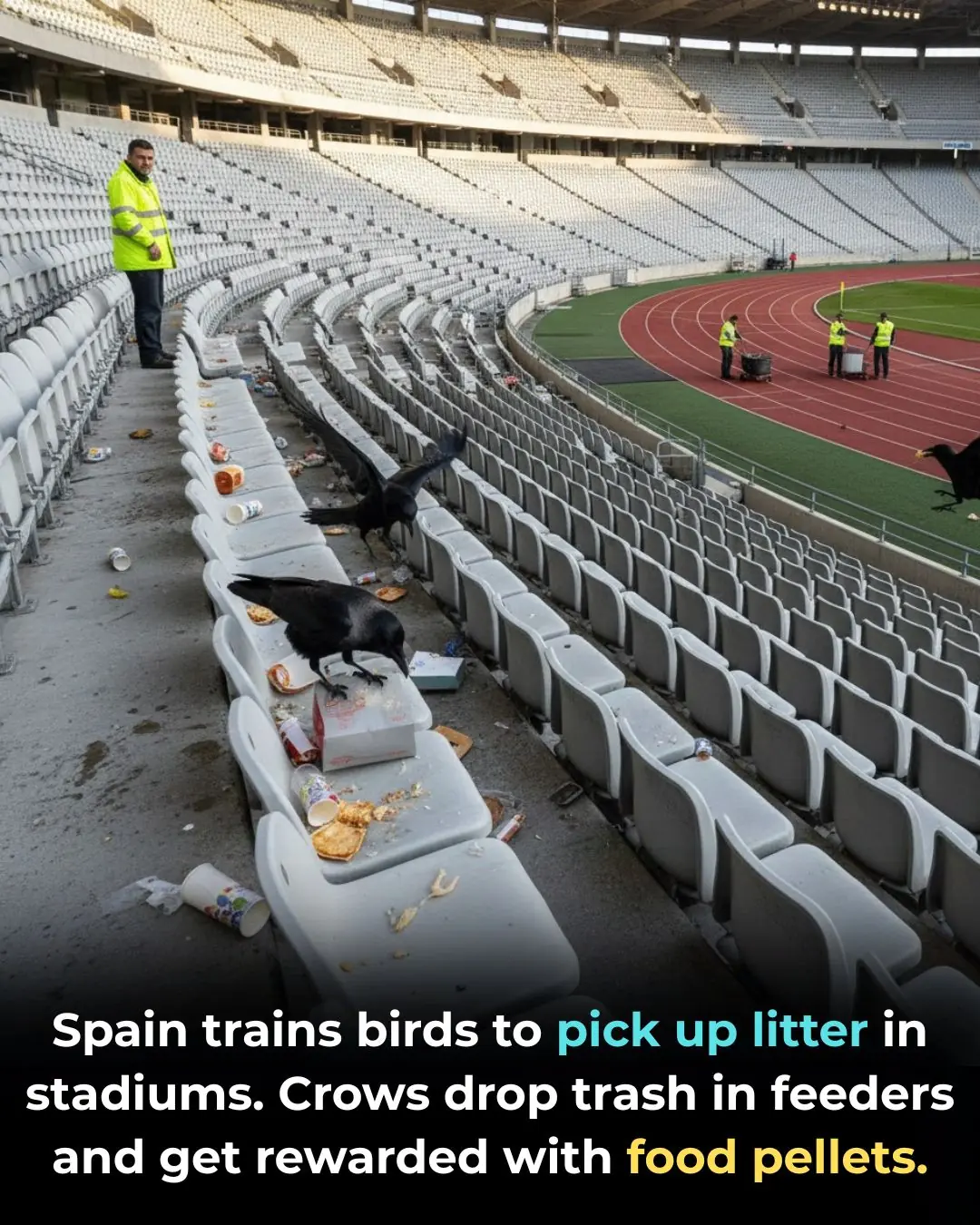
From Crow to Cleaner: How Feathered Geniuses Are Fighting Litter in Spain

Using Crow Intelligence to Fight Pollution: Inside Sweden’s Corvid Cleaning Project
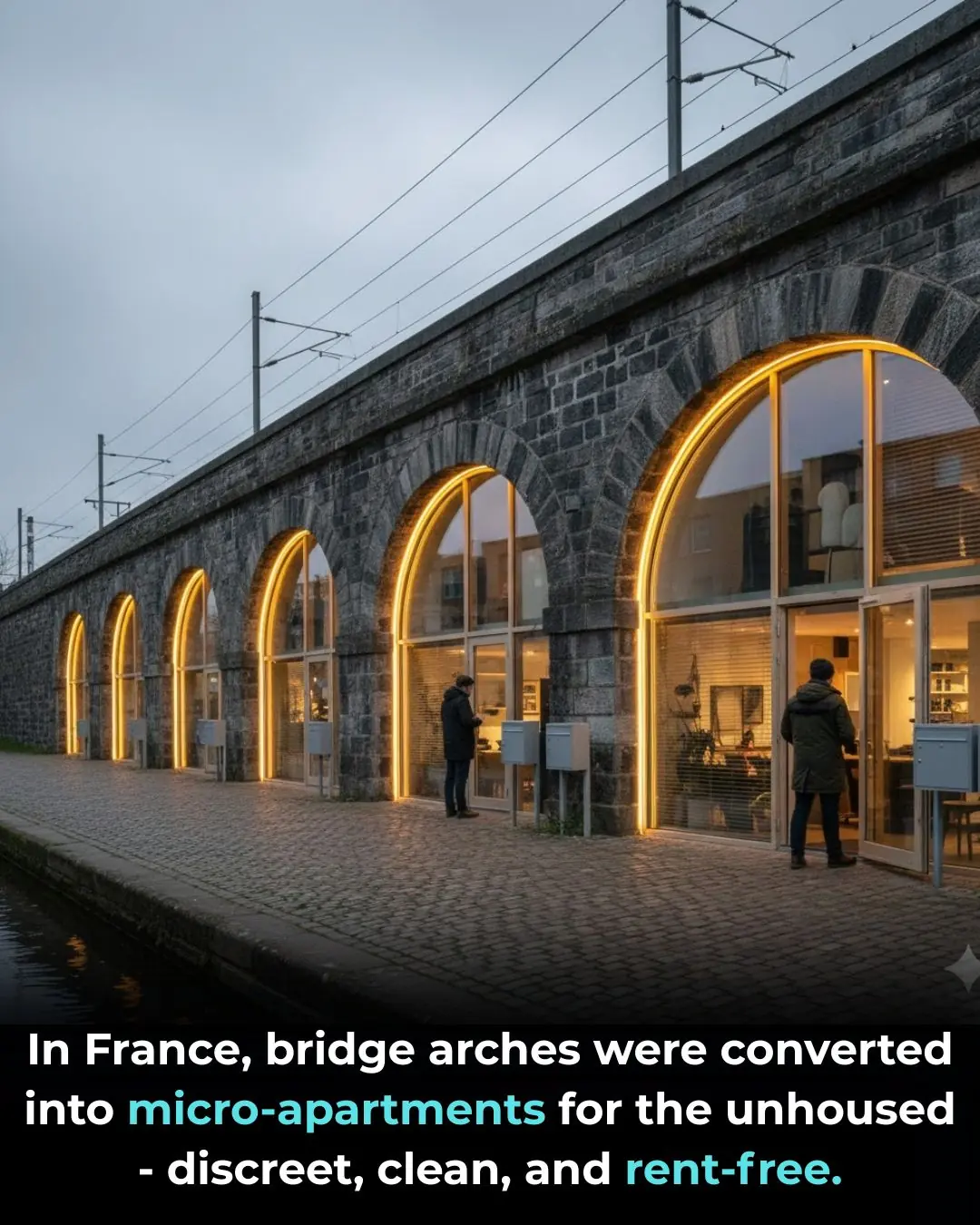
From Stone to Shelter: Innovative Housing Beneath France’s Historic Bridges

How Cyclic Sighing Became One of the Most Effective Breathing Techniques for Reducing Anxiety

Hepatitis C Virus Detected in Brain Tissue: A Potential Link to Schizophrenia and Bipolar Disorder

Top 10 Safest Places if World War 3 Broke Out

Scientists Sequence the World’s Oldest RNA from a 40,000-Year-Old Woolly Mammoth

Novel Neural Pathway Identified as Key to Reversing Autism-Related Behaviors

Why seniors should keep their socks on even at home

What Once Seemed Impossible: Lab-Grown Spinal Cord Sparks Hope for Millions

Lab-Grown Spinal Cord Tissue Marks a New Era in Paralysis Treatment
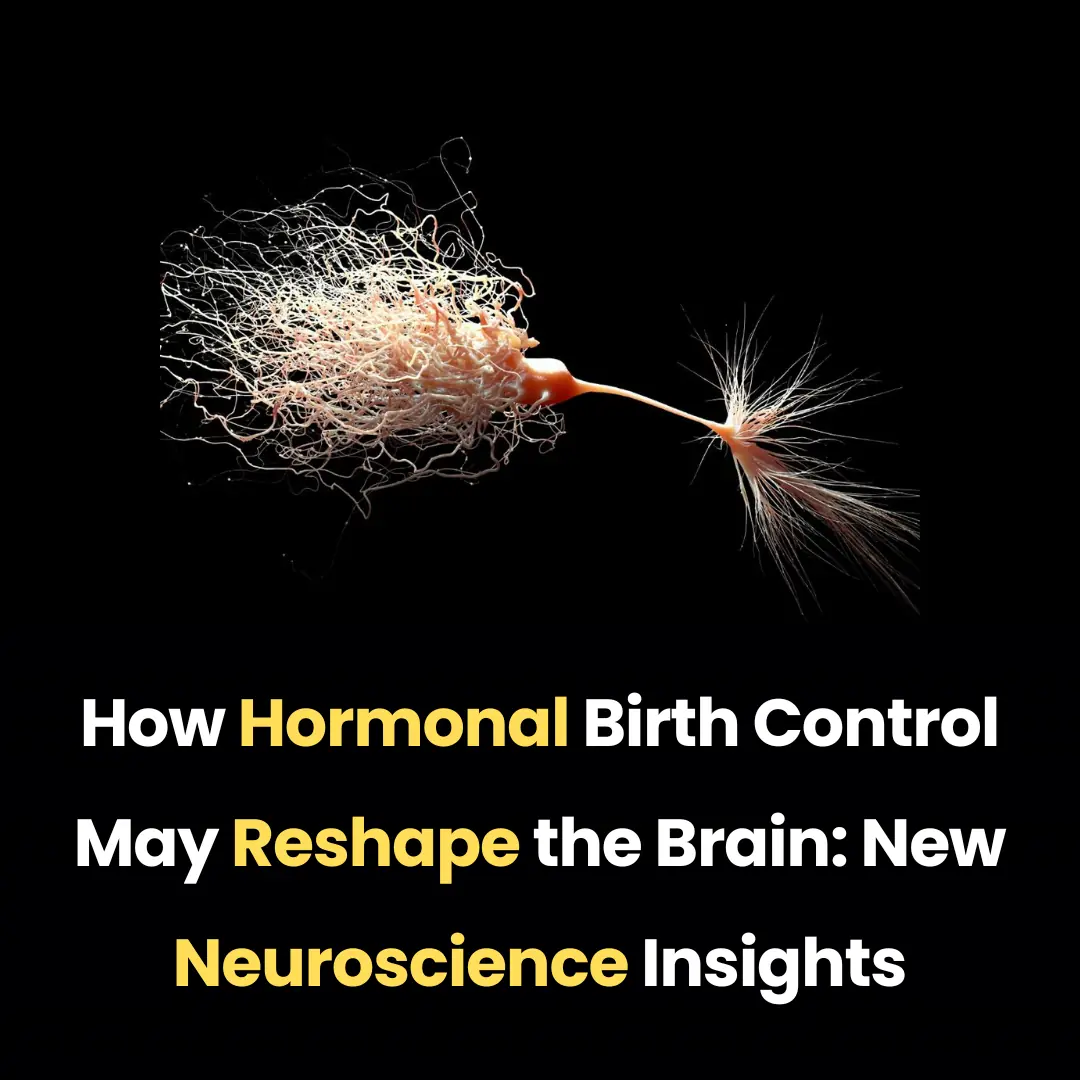
How Hormonal Birth Control May Reshape the Brain: New Neuroscience Insights

Denmark Reimagines Wind Turbine Blades as Durable Bike Shelters

World-First Recovery Achieved in Terminal Brain Cancer Case

A High School Robotics Team Built What Insurance Refused — And Gave a 2-Year-Old the Gift of Independent Movement

The Man Who Became “Dad” to Millions: How Rob Kenney Turned His Pain Into a Global Mission
News Post

Vaseline Uses and Benefits for Skin, Lips, and Hair

10 simple ways to reduce dust at home that most people overlook

You’re Doing It All Wrong: Here’s the Right Way to Defrost Frozen Pipes

7 Powerful Fruits to Preserve Muscle Strength and Energy After 50

I Didn’t Know!

The #1 FASTEST way to reverse fatty liver naturally

Could the bacteria in your nose be causing Alzheimer’s?
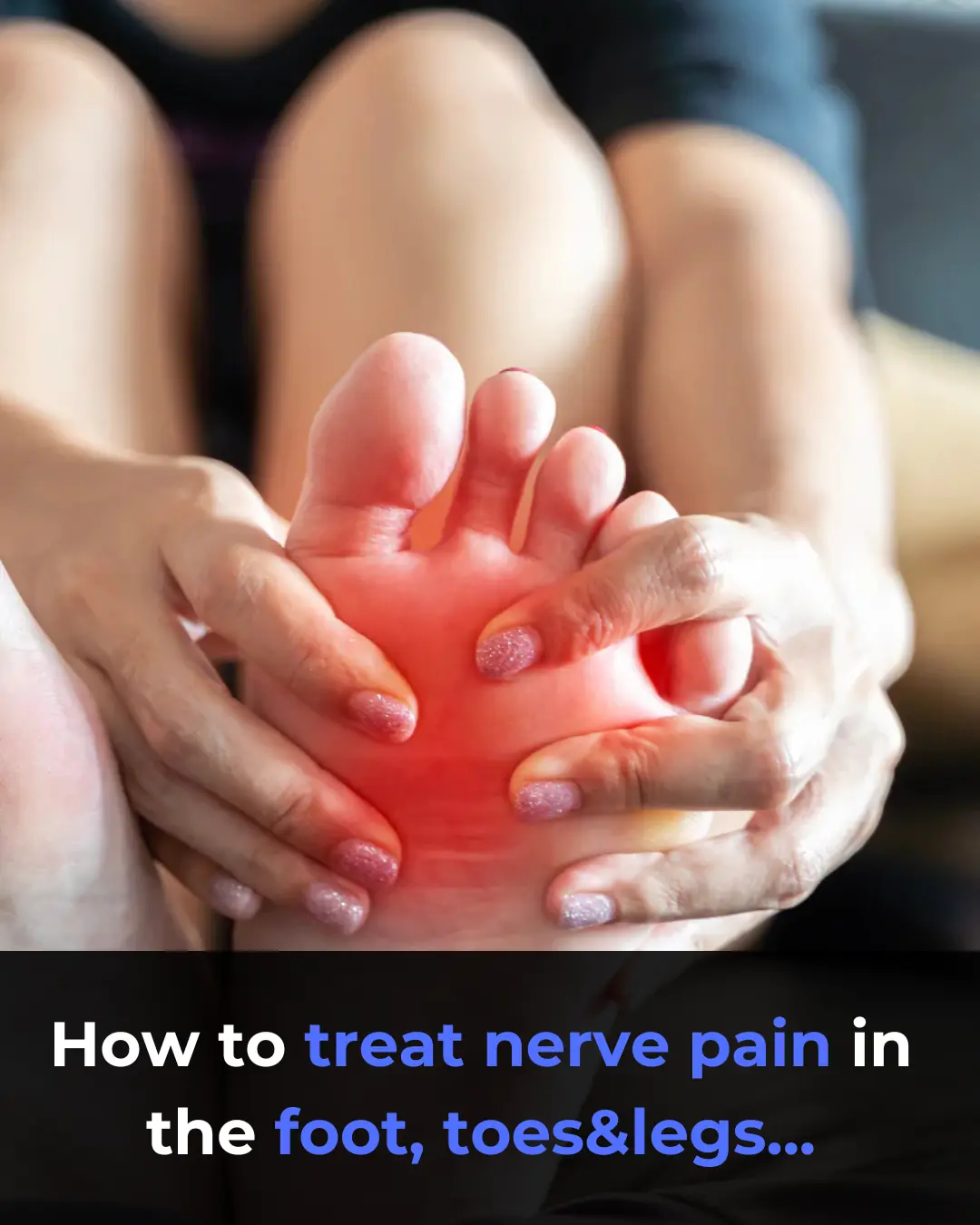
How to treat nerve pain in the foot, toes & legs

The air conditioner only has wind but is not cool. Don't rush to call a repairman and waste money. If you do this, it will be cold.

The more flowers the money tree has, the more luck it attracts: Do this and the money tree flowers will grow 5 times faster.

When boiling duck, don't add ginger and cold water. Add this to remove all the bad smell from the meat and you won't get tired of eating it.

Avocado Seeds: The Overlooked Nutritional Power Inside the Fruit

Bee venom wiped out 100% of aggressive breast cancer cells in just 6 hours

A New Breakthrough: Magnetic Microrobots Designed to Navigate Blood Vessels and Stop Strokes

10 Ways to Lower Uric Acid Naturally

A Dual Climate Solution: Solar Panels Over Canals Could Save Billions of Gallons of Water

Regenerative Medicine Milestone: Stem-Cell Trial Restores Motor Function in Paralyzed Patients

From Crow to Cleaner: How Feathered Geniuses Are Fighting Litter in Spain

6 Foods That Can Drain Your Calcium and Weaken Bones
